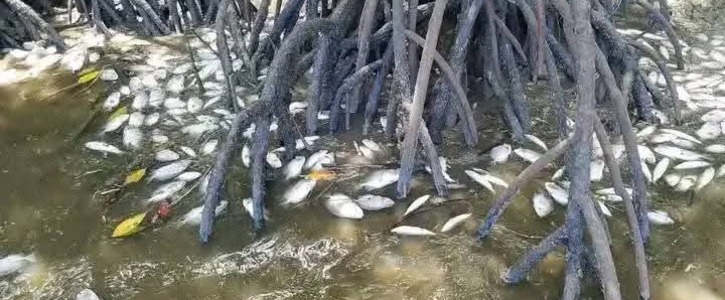2026-02-04 16:04:33 +0800
VICE GOV FRITZ DISAPPOINTED AT ETHANOL PLANT RESUME OPERATIONS WITHOUT NOTIFYING THE PROVINCE
Vice Governor Cezzane Fritz Diaz of Negros Oriental province was disappointed upon learning that the Ethanol plant in Bais City resume “Operation”without informing Negros Oriental provincial officials.
During the regular session of the Provincial Council, the vice governor was shocked that the URC ethanol plant in Bais City resumed operations last month after obtaining a 90-day Temporary Lifting Order (TLO) from the national office of the DENR without their knowledge. RAB .
https://www.facebook.com/share/r/1867intb1U/


